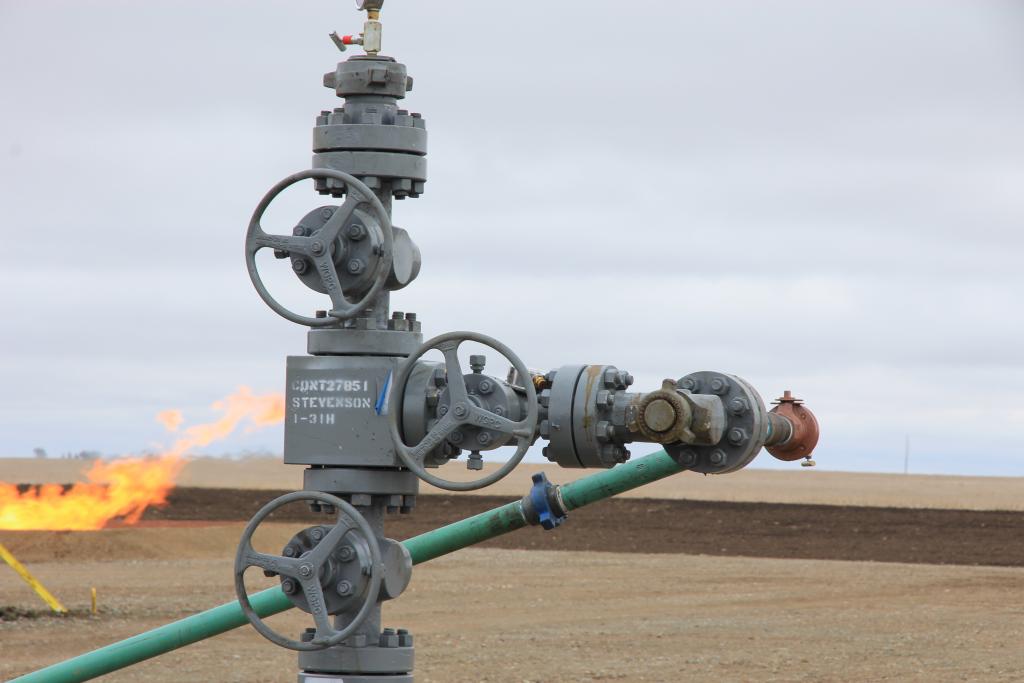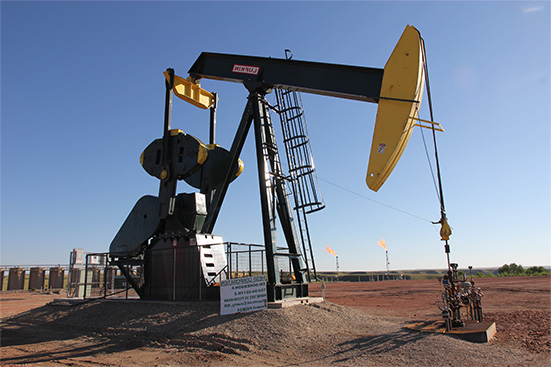
Crude oil is considered the lifeblood of all industrialized countries. Since the mid-1950s, it has become the most essential source of energy. Its byproducts reinforce modern society, heat homes, supply energy to the power industry, and provide fuel for planes and vehicles to transport people and goods worldwide.
What is crude oil?
Crude oil is a naturally-occurring combination of organic materials and hydrocarbons found underground. Covered by layers of silt, sand, and rock, oil is brought above-ground by heat and pressure, transformed into a kind of fossil fuel, and refined into usable products such as liquefied petroleum gases, gasoline, and diesel. Crude oil can appear in the form of a thick substance that is reminiscent of tar or a highly viscous liquid.
Why is crude oil important?
On a global scale, crude oil is one of the most essential fuel sources and is considered one of the world’s most important commodities. Historically, crude oil has contributed to more than 1/3 of the world’s consumption of energy.
Contact DW Energy
Want to learn more about oil & gas investing? Our expert team can provide you with more information or schedule a consultation to talk about diversifying your investment portfolio.

Finding, extracting, refining, and transporting crude oil is a tedious process, and the infrastructure intricate that everything must be in place to support the entire process. This entails thousands of miles of pipelines spread across nations, multiple refineries, and major storage facilities.
The prices of oil can have ripple effects throughout the general global economy. High oil prices equate to rising gas prices at the pump, increased output costs for producers, and more expensive shipping costs. Prices are mainly determined by supply and demand. High demand and inadequate supply push oil prices up, while less demand and oversupply tend to lower oil prices. The changes in supply and demand are driven by a lot of factors but are mainly influenced by natural disasters and geopolitical events.
Crude oil is especially important to companies that rely on fuel heavily, like plastic producers, airlines, healthcare, as well as agricultural businesses. As a vital energy source, oil is a chief import and export of many nations. The significance of this commodity creates a broad financial trading market for oil and its derivatives like forwards, futures, and options.
To the individual investor, crude oil can be a good portfolio diversifier, a speculative asset, or a hedge against related positions.
Whether you are interested in the potentially lucrative returns in domestic oil and gas exploration and production, are looking to diversify, or would like to take advantage of the many tax incentives offered to oil investors, DW Energy group would like to invite you to learn more to determine if a partnership with us suits your investment objectives.
Contact dw energy
Sources:
“Oil and petroleum products explained,” U.S. Energy Information Administration, https://www.eia.gov/
“Petroleum,” National Geographic, https://education.nationalgeographic.org/
“5 Industries Worried About Peak Oil,” OilPrice, https://oilprice.com/
